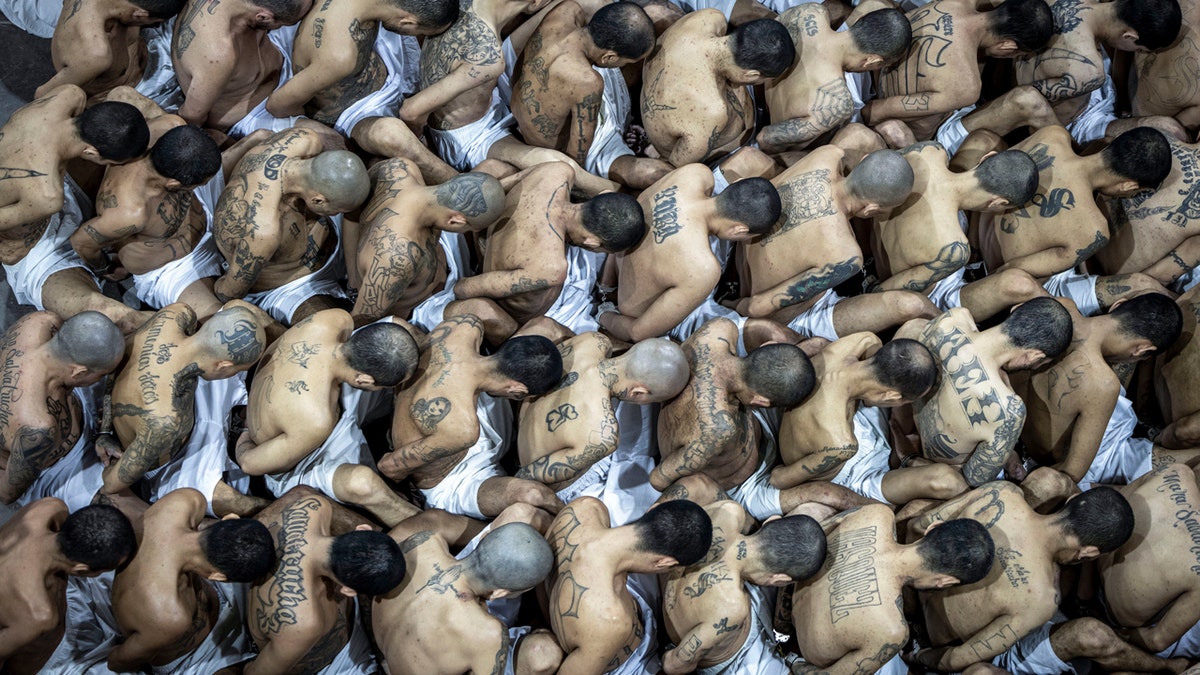Fox News Flash top headlines for July 27
Fox News Flash top headlines are here. Check out what's clicking on Foxnews.com.
- El Salvador's congress recently approved new legislation that paves the way for mass trials of alleged gang members, aiming to expedite the processing of tens of thousands of cases arising from the government's crackdown on street gangs.
- These actions have led to significant allegations of human rights abuses, with human rights group Cristosal estimating that as few as 30% of the detainees have clear links to organized crime.
- Under the new rules, group trials will be conducted based on defendants' residential areas and their association with specific "cliques," smaller factions within the larger gangs that control particular territories.
New rules passed by El Salvador’s congress Wednesday will allow courts to try accused gang members in mass trials, in an effort to expedite tens of thousands of cases for those detained under the country’s crackdown on street gangs.
The changes to the country’s criminal code are just the latest in President Nayib Bukele’s war on the Barrio 18 and Mara Salvatrucha (MS-13) gangs, which began last year when the leader declared a "state of emergency" in response to a wave of violence.
His government suspended constitutional rights and has detained 71,976 people accused of being in gangs, or 1% of the country’s population. They have been jammed into prisons, fueling waves of accusations of human rights violations. As little as 30% of those detained have clear ties to organized crime, the human rights group Cristosal estimates.
The new rules allow trials to be held for groups of defendants based on what area they lived in and what "clique" — a smaller group within a gang — controlled that territory.
The legislation also increases prison time for those found to be gang leaders from 45 years to 60.

In this photo provided by El Salvador's presidential press office, inmates identified by authorities as gang members are moved at the prison, Terrorism Confinement Center, in Tecoluca, El Salvador, on March 15, 2023. (El Salvador presidential press office via AP, File)
CLICK HERE TO GET THE FOX NEWS APP
The government has used similar strategies in other parts of the crackdown, rounding up large groups of people often based on how they looked and where they lived. It also carried out mass arraignments, at which judges faced anywhere from 50 to 500 detainees at once, often not considering documents and other evidence that speak to the character of those facing charges.
The new trial rules, which were proposed weeks before, were pushed through by the Bukele-supporting majority in congress, while a smaller set of opposition politicians voted against the change.
Johnny Wright Sol, from the conservative Nuestro Tiempo party, called the changes "a scheme designed to carry out the government’s plan to keep all those detained without a firm conviction."
"Doing these kinds of mass convictions just as they’ve done with captures is violating due process and violating the individual rights of all those accused," he said.









































